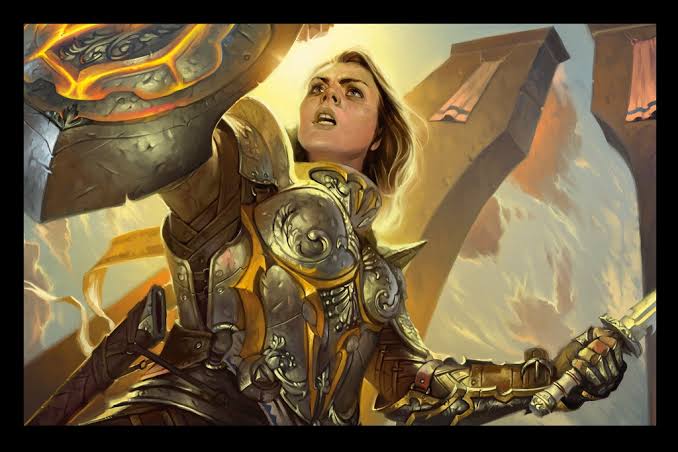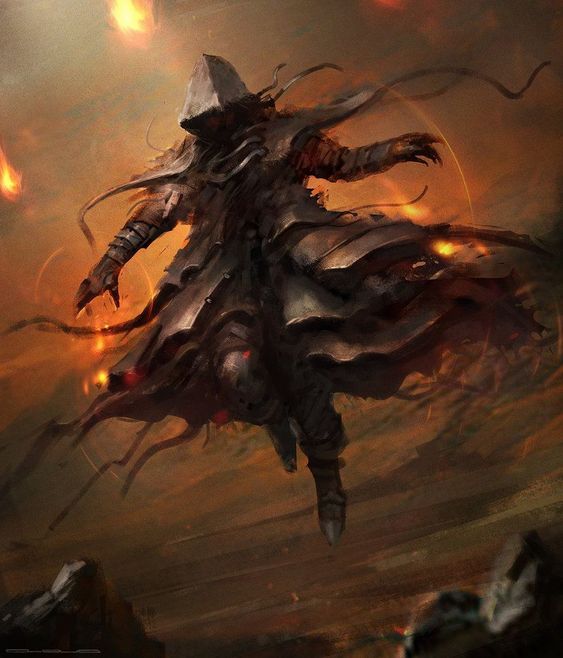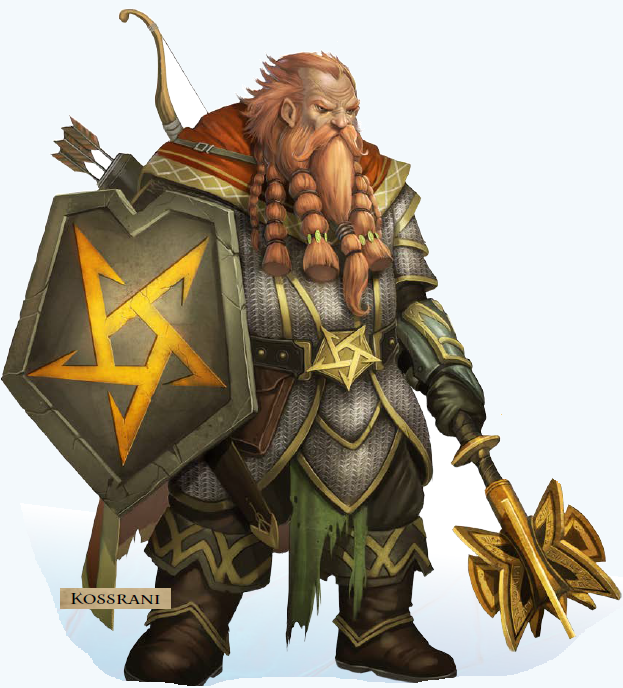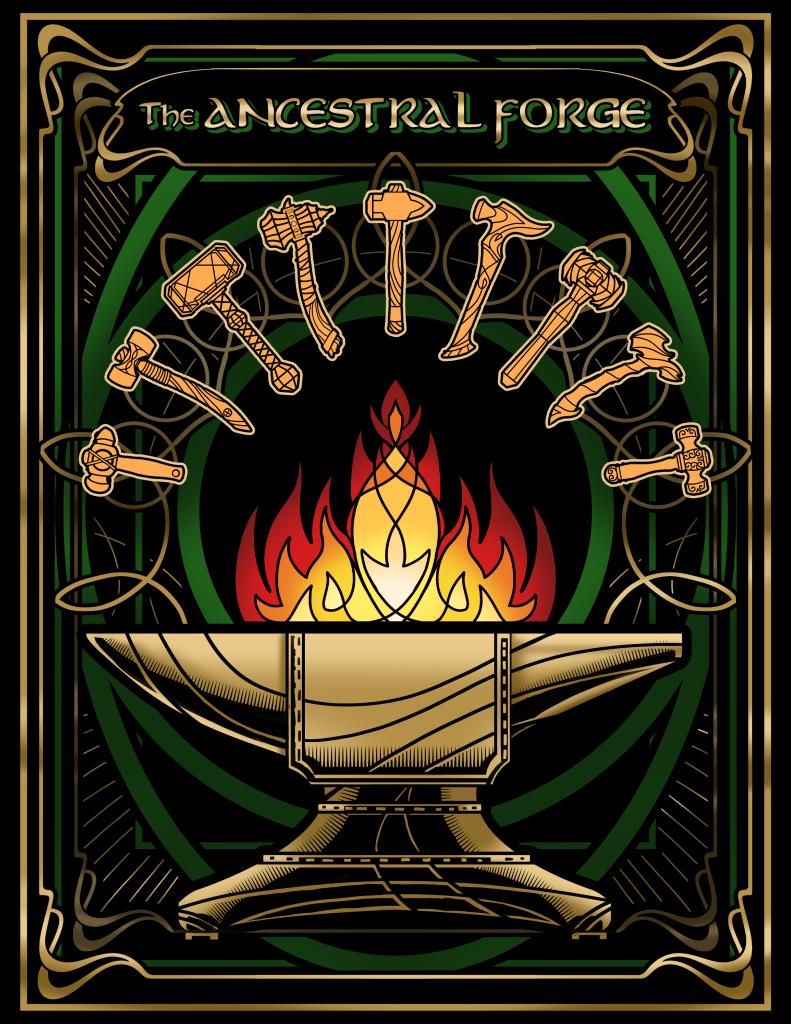D&D 5e: Oath of Devotion Paladin Guide

D&D 5e: Oath of Devotion Paladin Guide
Role in the Party
The Oath of Devotion Paladin is a standard good guy paladin; its tenets include honesty courage, compassion, honor, and duty. However, it’s also one of the less played paladin subclasses these days due to a few underwhelming mechanical aspects; it still has powerful core paladin features, but the subclass doesn’t offer that much.
You will fill a standard paladin role; you’ll support allies, be durable, and hit enemies.
Epic
Good
Meh
Bad
The Oath of Devotion Paladin subclass is found in the Player’s Handbook. Click here to pick up your own copy of the Player’s Handbook!
Oath of Devotion Paladin Features
Oath Spells
You gain oath spells at the paladin levels listed.
3rd: Protection from Evil and Good is an okay spell that’s already on the paladin list, and Sanctuary is a very good spell for some defensive strategies; if someone is in a choke point like a door and is holding back a tide of enemies, a high armor class plus the dodge action plus Sanctuary will make them unhittable. It is hard to use in a lot of combats and for some party compositions though.
5th: Lesser Restoration is already on the Paladin list and is circumstantial, but when you need it, you really need it; having it always available will help you if you otherwise wouldn’t prioritize taking this spell. Zone of Truth is already on the Paladin list but is extremely fun and useful.
9th: Beacon of Hope is a solid spell for boosting everyone’s wisdom saves and is slightly less useful for increasing healing (a lot of powerful healing effects don’t have dice), but Dispel Magic is an excellent spell to have.
13th: Freedom of Movement is similar to Lesser Restoration: you rarely need it, but it’s great when you do. Guardian of Faith is an amazing spell if you know enemies will be coming through an area soon, so you can prepare for a fight. However, it’s hard to use in combat due to the one action cost, and lastly, the guardian is stationary, so whether cast in or out of combat, enemies who you fight near the guardian could just walk away from it. It takes some very specific situations for this spell to shine, but when it works, it’s 60 damage for a 4th level slot, which is excellent.
17th: Commune is a great spell for learning all kinds of information, and Flame Strike is a significantly more expensive and arguably weaker Fireball.
Channel Divinity
When you take this oath at 3rd level, you gain the following two Channel Divinity options.
Sacred Weapon: As an action, you can imbue one weapon that you are holding with positive energy, using your Channel Divinity. For 1 minute, you add your Charisma modifier to attack rolls made with that weapon (with a minimum bonus of +1). The weapon also emits bright light in a 20-foot radius and dim light 20 feet beyond that. If the weapon is not already magical, it becomes magical for the duration.
You can end this effect on your turn as part of any other action. If you are no longer holding or carrying this weapon, or if you fall unconscious, this effect ends.
Turn the Unholy: As an action, you present your holy symbol and speak a prayer censuring fiends and undead, using your Channel Divinity. Each fiend or undead that can see or hear you within 30 feet of you must make a Wisdom saving throw. If the creature fails its saving throw, it is turned for 1 minute or until it takes damage.
A turned creature must spend its turns trying to move as far away from you as it can, and it can’t willingly move to a space within 30 feet of you. It also can’t take reactions. For its action, it can use only the Dash action or try to escape from an effect that prevents it from moving. If there’s nowhere to move, the creature can use the Dodge action.
Sacred Weapon is an extremely powerful buff that synergizes well with things like Great Weapon Master, but the problem is that it costs an action. It’s not worth using in a very short combat encounter, but if you’re in a long combat or if you’re in a medium length combat where one round you’re unable to attack enemies due to them being too far away or because of some other situation, it’s amazing. Turn the Unholy is like a cleric’s standard Turn Undead, but it also works on fiends.
Aura of Devotion
Starting at 7th level, you and friendly creatures within 10 feet of you can’t be charmed while you are conscious.
At 18th level, the range of this aura increases to 30 feet.
Is the enemy charming you and your allies? This is really good. Does the enemy have no charming effects at all? This is useless. On average, it’s probably meh since the vast majority of enemies don’t charm, and your 6th level aura already gives allies a bonus against these charming effects anyway.
Purity of Spirit
Beginning at 15th level, you are always under the effects of a Protection from Evil and Good spell.
Aberrations, celestials, elementals, fey, fiends, and undead have permanent disadvantage to hit you, and you’re immune to being charmed, frightened, or possessed by them. And there’s no way for enemies to get around this. Excellent. Yes, it does nothing against creatures who aren’t of these types, but this covers six different types of enemies, and several of these types are fairly common.
Holy Nimbus
At 20th level, as an action, you can emanate an aura of sunlight. For 1 minute, bright light shines from you in a 30-foot radius, and dim light shines 30 feet beyond that.
Whenever an enemy creature starts its turn in the bright light, the creature takes 10 radiant damage.
In addition, for the duration, you have advantage on saving throws against spells cast by fiends or undead.
Once you use this feature, you can’t use it again until you finish a long rest.
This is similar to Sacred Weapon, except it’s arguably a bit worse. A level 20 paladin is getting a lot more from a +5 to hit than an extra 10 radiant damage every round in a big area, and also, advantage against spells cast by fiends or undead is almost useless; not all of them cast spells, and you already have a big bonus against their spells and other effects thanks to your aura and are immune to a lot of conditions they inflict. This is only useful if you are fighting a massive number of undead or fiends in a very long combat, since applying 10 radiant damage every round to fifteen or so creatures is pretty good. However, the hidden cost of this feature is that you need to abstain from all multiclassing to get it, so this extremely mild feature is just not worth it.

Strengths
You are more powerful against fiends and undead than most paladins, and it’s much harder for them to do anything to you. Your oath spells are also pretty good, and you have a lot of circumstantial spells that are very useful when the circumstance comes up, so you can pull out a spell that nobody else bothered to prepare when you need it. Your Sacred Weapon is also great in long combats or some circumstances.
Weaknesses
A lot of your features are inherently circumstantial: charm immunity does nothing if enemies can’t charm, Sacred Weapon isn’t always a good idea, fiends and undead don’t always pop up, there’s not always magic that needs to be dispelled, and so on.
Best Race Options
The Aasimar is an excellent thematic choice; use Protector if you’re using the Volo’s version and pick Radiant Soul if you’re using the Monsters of the Multiverse version. This lets you fly up to deliver melee strikes to flying enemies, and the race provides several other solid benefits.
Stealth will often give you the chance to prepare for combat. The Earth Genasi and their free Pass Without Trace will give you a huge stealth bonus, possibly letting you activate Sacred Weapon a few seconds before a fight starts, turning it into one of the best buffs in the game.
You can’t teleport, but Eladrin can use their Fey Step teleport 2-6 times per day; teleportation is lovely on a melee character since you can bypass all kinds of hazards and switch targets with ease.
Choosing the Right Skills
Your Sacred Weapon, spells, and level 6 aura all depend on your charisma, so you’ll be relied on for Persuasion checks. You can be good at Intimidation and Deception, but they violate your oath, so you’re probably not that kind of character.
Athletics proficiency is solid to have; your strength is probably high, so you can be pretty good at it.
Arcana and Religion proficiency will let you know more about planar creatures like fiends and aberrations, so you can destroy them more easily. Devotion paladins also usually follow a god, so Religion makes extra sense anyway.
Stealth is the one semi-shady thing you might want proficiency in, just because the chance to prepare Sacred Weapon before a fight is so good.
Fitting Feats
Great Weapon Master is normally an almost-mandatory feat for a melee paladin build, as is Polearm Master, but Sacred Weapon is unusually synergistic with GWM since things that add a chance to hit are more effective when each hit does more damage.
War Caster will let you cast spells while using a weapon and a shield, and it lets you concentrate on spells more effectively. Not needed if you’re using a two-handed weapon, but still nice to have.
Inspiring Leader is an extremely useful feat for a paladin who wants to fill more of a support role. Give a heroic speech and hand out some pretty good temporary hit points. This is much less useful if your other party members already have ways of generating a lot of temporary hit points, so keep that in mind.
Optimal Backgrounds
Acolyte is a sensible background for any religious good guy paladin; having the backing of a religious organization can also help a lot in some campaigns.
Folk Hero is excellent if you wanted to begin your paladin career with a big heroic event that made you locally famous.
If Strixhaven backgrounds are allowed, Prismari Student is an extremely powerful pick. Add a ton of useful spells to your spell list and get a free feat that comes with the Shield spell. It doesn’t work that well thematically; you’re just doing this for a free feat.
Multiclassing Options
Hexblade Warlock is often jokingly referred to as the Paladin’s 7th level feature; you can take it at level 1 for a charisma paladin or take it at level 7 for the other benefits, but it’s a powerful pick either way. This synergizes particularly well with your Channel Divinity since you can add charisma to your weapon attacks twice: at level 5 you can have +13 to hit if you have 20 charisma, and you can only miss some enemies by rolling a 1 on the d20.
A highly religious paladin can benefit a lot from Divine Soul Sorcerer; the 1/rest 2d4 that can be added to attacks and saves is a good feature, and the sorcerer spell list and spell slots are handy. You can take one level or take a bunch of sorcerer levels after level 6 in paladin for a sorcadin build, either one works.
If you have the ability scores to do the multiclass, a level of Peace Cleric is both thematic and extremely powerful due to their Emboldening Bond ability. Life Cleric is a less powerful but still viable option.
Would I recommend playing an Oath of Devotion Paladin?
The Oath of Devotion is an unusual subclass since most of its features are circumstantial, but there are enough of these features to where you can expect these circumstances to come up now and then in most campaigns. You will be especially potent in a campaign with a lot of undead and fiends, so I would recommend the Devotion Paladin in that campaign.
You should still be a decently powerful character in any campaign since the core paladin features are extremely good; you likely won’t regret your choice of character even in a campaign with few undead and fiends.








